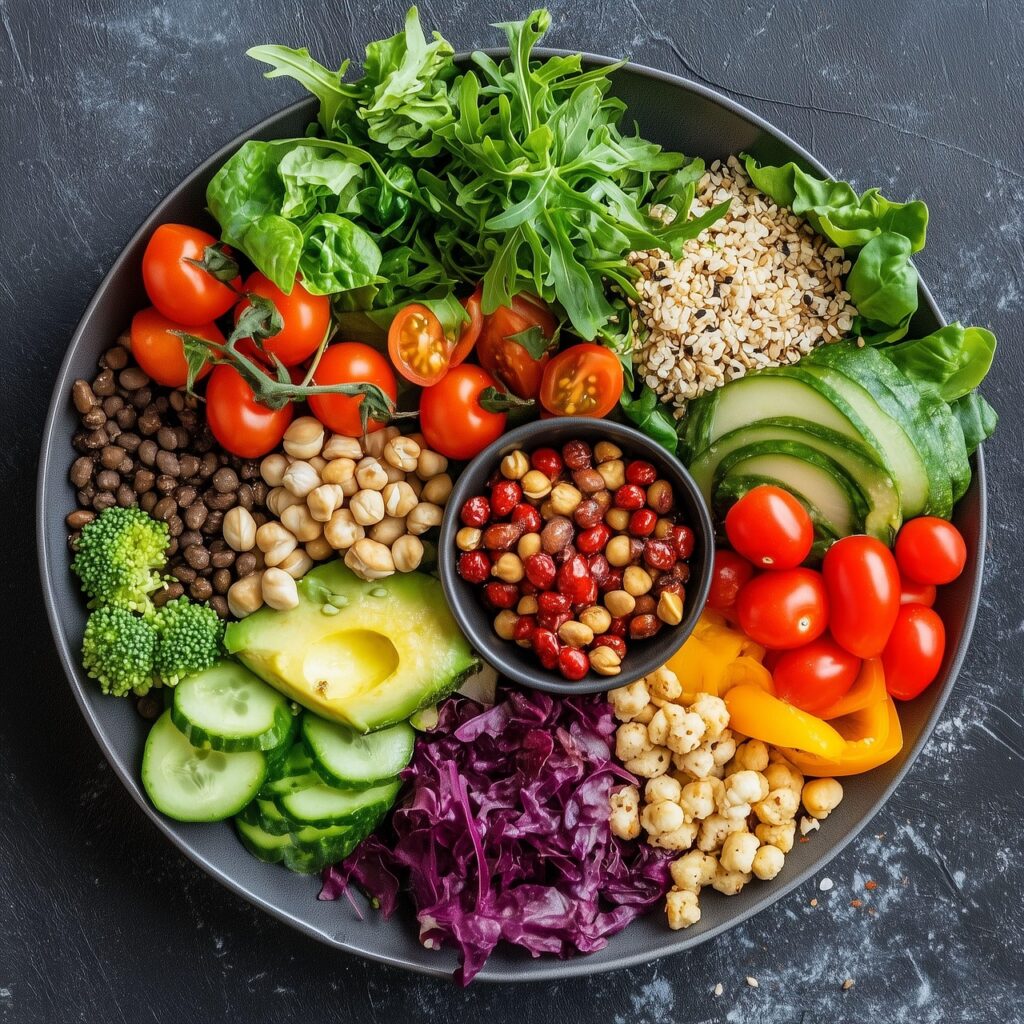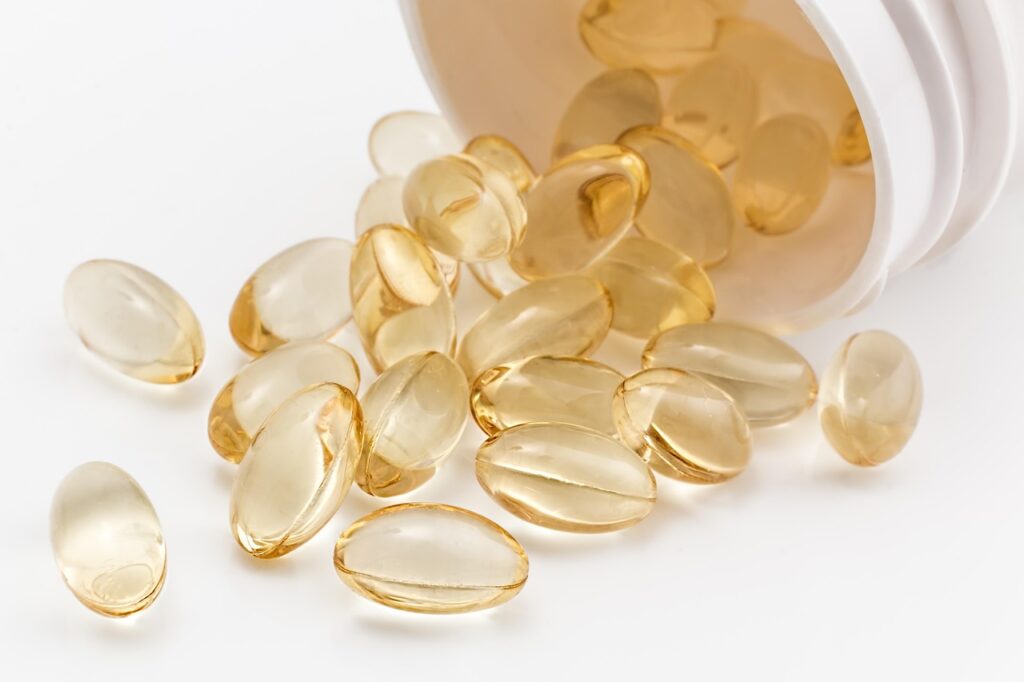If you’ve ever wondered whether taking a multivitamin is worth it, you’re not alone. The multivitamin industry is booming, with millions of people popping daily pills hoping to fill in nutritional gaps, boost energy, and prevent illness. But do multivitamins really work, or are they just expensive placebos?
In this post, we’ll break down what science actually says about multivitamins. You’ll learn what they do, who might benefit from them, and what to consider before adding one to your routine. We’ll also explore whether food alone is enough, which nutrients people commonly lack, and how to choose the right multivitamin if you decide it’s right for you.
By the end, you’ll have a clear and honest understanding of whether you really need a multivitamin – and what steps to take next.
What Is a Multivitamin, and What Does It Do?
A multivitamin is a dietary supplement that contains a combination of vitamins, minerals, and sometimes other nutrients like antioxidants or herbal extracts. Most multivitamins are designed to support general health and fill potential nutritional gaps from your diet.
Multivitamins typically include:
- Vitamins A, C, D, E, and K
- B-complex vitamins (like B6, B12, thiamin, and riboflavin)
- Minerals such as calcium, magnesium, zinc, iron, and selenium
Some people take them to boost immunity, enhance energy, improve mood, or slow aging. However, scientific research offers mixed results. While multivitamins can help prevent deficiencies, they aren’t a magic bullet.
Key Features:
- Convenient way to get a range of nutrients in one pill
- Usually taken once daily
- Available in tablets, gummies, liquids, or powders
Do Multivitamins Really Improve Health?
This is where things get tricky. The science on multivitamins is mixed, depending on the person and their diet. For healthy adults who eat a balanced diet, most studies show little to no benefit from taking a multivitamin. But for people with certain deficiencies or dietary restrictions, they can make a real difference.
For example:
- A 2013 study published in Annals of Internal Medicine concluded that multivitamins don’t prevent chronic diseases in the general population.
- On the other hand, the NHANES (National Health and Nutrition Examination Survey) found that multivitamin users had higher micronutrient intake and fewer deficiencies.
So, what does that mean? If you eat plenty of fruits, vegetables, whole grains, and lean proteins, you might not need a multivitamin. But if your diet lacks variety – or you follow a restrictive diet – a multivitamin could help support your health.
Note:
- Evidence supports use in certain populations (e.g., elderly, vegans, people with medical conditions)
- Not a replacement for a healthy diet
- Can correct mild nutrient gaps

Who Actually Needs a Multivitamin?
While multivitamins may not be necessary for everyone, some groups are more likely to benefit from them:
- Older adults: Absorption of certain nutrients like B12 and D declines with age.
- Vegans and vegetarians: May lack B12, iron, zinc, and omega-3s.
- Pregnant women: Need higher amounts of folic acid, iron, and calcium.
- People with medical conditions: Those with malabsorption disorders (like Crohn’s or celiac disease) may need supplementation.
- Dieters or picky eaters: Low-calorie diets often miss key nutrients.
If you fall into one of these categories, a multivitamin could help cover your nutritional bases. But it’s important to choose the right formula and dosage- too much of certain vitamins (like A or E) can be harmful.
Key Features:
- Supports health in people with specific nutritional needs
- Should be personalized, not one-size-fits-all
- May require doctor or dietitian guidance
Can You Get Enough Nutrients from Food Alone?
Ideally, yes. Whole foods offer more than just isolated vitamins – they provide fiber, antioxidants, and phytonutrients that supplements can’t replicate. A colorful, varied diet is still the best way to meet your nutritional needs.
But here’s the reality: many people don’t eat enough fruits, vegetables, or nutrient-rich foods. According to the CDC, only 1 in 10 adults gets the recommended daily servings of fruits and vegetables.
In that case, a multivitamin can serve as a safety net, not a substitute. Think of it as backup – not your main source of nutrients.
Things to remember:
- Whole foods provide nutrients in their most bioavailable form
- Supplements can help “fill in” when diet falls short
- Food-first approach is best, but not always realistic

How to Choose the Right Multivitamin
Not all multivitamins are created equal. Some contain unnecessary additives, poorly absorbed forms of nutrients, or megadoses that can do more harm than good.
Here’s what to look for when choosing a multivitamin:
- Third-party tested: Look for labels like USP, NSF, or ConsumerLab.
- No mega-doses: Avoid formulas that provide more than 100% of the RDA unless directed by a doctor.
- Tailored formulas: Choose one designed for your age, gender, and life stage.
- Quality ingredients: Look for bioavailable forms like methylfolate instead of folic acid or magnesium citrate instead of oxide.
And remember: more isn’t always better. Overloading on fat-soluble vitamins (A, D, E, and K) can be toxic over time.
Keep in mind:
- Quality matters more than quantity
- Choose a formula that fits your individual needs
- Always check labels and certifications
Commonly asked questions
1. Should I take a multivitamin every day?
If you have a consistent dietary gap or fall into a high-risk group, taking a multivitamin daily can help. However, if your diet is already rich in nutrients, daily supplementation may not be necessary.
2. Can taking a multivitamin be harmful?
Yes – especially if you take high doses of certain vitamins. For instance, too much vitamin A can cause liver damage, and excess iron can be dangerous for men or postmenopausal women. Always stick to the recommended dosage.
3. What’s the best time to take a multivitamin?
With food is best – especially if the formula contains fat-soluble vitamins like A, D, E, and K. Taking it with a meal improves absorption and reduces the chance of stomach upset.
So Do You Really Need a Multivitamin?
Here’s the bottom line: a multivitamin can be helpful – but it’s not a cure-all. For many people, eating a varied, whole-food diet is enough to meet nutrient needs. But if you fall into a group with higher nutritional risk, a high-quality multivitamin may be a smart, supportive tool.
Let’s recap the key takeaways:
- Multivitamins can help fill in small nutritional gaps
- They’re most useful for specific groups like older adults, vegans, or people with certain health conditions
- Food should always come first, but supplements can play a backup role
- Choosing the right multivitamin matters – quality, dosage, and personalization are key

Ultimately, it’s about listening to your body, assessing your diet, and making informed choices. If you’re unsure, a quick chat with your doctor or dietitian can help you decide whether a multivitamin is right for you.
Do you use multivitamin? Have you noticed how your health changed once you started using it? Let us know in the comments below. We would love to hear your opinion.







